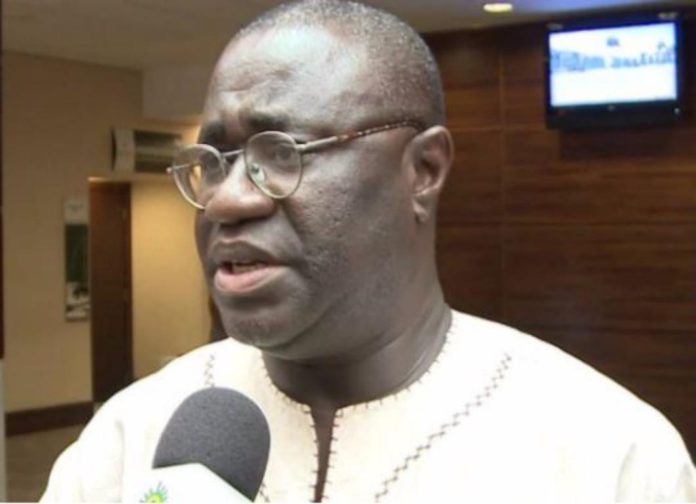A distinguished scholar in African security and international politics, Professor Emmanuel KwesiA Aning, on November 22 made a compelling call for introspection during the “Beyond Electrocracy” webinar hosted by the Center for Alternative Politics and Security West Africa.
Speaking on the theme “Beyond Ghana’s 2024 Elections: Business as Usual or a New Pathway Towards People-Centered Politics?” Prof. Kwesi Aning emphasized the urgent need for active political participation to sustain Ghana’s democracy.
“Limited popular participation, as we see in Ghana, leads to a dangerous situation that undermines resilience, institutions, and sustainability,” he said, critiquing the growing apathy and exclusivity in the nation’s political processes.
The webinar, held via Zoom, marked the launch of the Center for Alternative Politics and Security, a think tank aiming to redefine the political landscape in Ghana and West Africa. Prof. Kwesi Aning praised the initiative, noting its alignment with the historical moment. “The very name captures the essence of what this centre seeks to do, we need a new type of politics necessary for Ghana and West Africa.”
Prof. Kwesi Aning underscored the role of political participation as the cornerstone of democratic governance.
“Democracies depend on the active and informed involvement of citizen participation across the spectrum of political processes,” he said, adding that participation fosters credibility, engagement, and a sense of ownership among citizens.
However, he lamented the current state of citizen involvement, where political engagement often revolves around transactional relationships.
“It is the voluntarism aspect that we seem to have lost in Ghana because everything now has a price,” he stated, criticizing the dominance of elitist groups who, under the guise of democracy, prioritize personal interests over the collective good.
Prof. Kwesi Aning called for a paradigm shift, urging Ghanaians to reflect on the broader implications of their democracy. “We’ve reached a divergent point where we need to consider whether this is the democracy that will take us to the next stage of our development,” he said.
The discussion also highlighted the need for sustained political engagement beyond election cycles. “Citizens must play this role over the four-year period,” Prof. Kweisi Aning asserted, emphasizing that participation should extend beyond voting to include active involvement in decision-making processes and advocacy for inclusive governance.
He concluded his presentation with a call for action indicating that Ghana must move beyond electoral formalities to create a participatory democracy that empowers its citizens and redefines the essence of governance.
ALSO READ:

